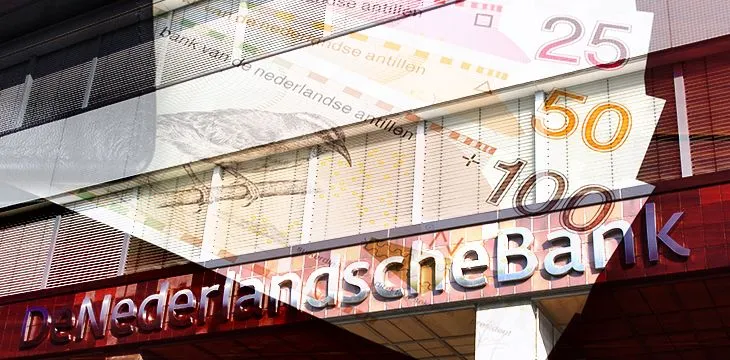|
Getting your Trinity Audio player ready...
|
The Dutch central bank—De Nederlandsche Bank (DNB)—is cracking down on businesses that provide digital currency to fiat conversion or custody services. The DNB is requesting that companies who provide these services register with the DNB before May 18. If they do not register by that date, the DNB requests that the business cease and desist immediately, otherwise, they will face fines or legal action.
Why the sudden crackdown?
On April 21, the Dutch Parliament voted in favor of the implementation act, and as a result, the fourth Anti-Money Laundering Directive was amended. The amendments were made to comply with the European Union’s AML directives and standards, a legal framework that was created by the Financial Action Task Force. It is important to note, even though the Dutch Central bank cites the fourth anti-money laundering directive, the European Union’s current framework is the Fifth Anti-Money Laundering Directive (AMLD5).
What is AMLD5?
AMLD5 is a piece of legislation that was put into play on January 10, 2020. AMLD5 requires digital currency companies that provide fiat/digital currency transactions and custody services to register with their local regulator and strictly adhere to Know-Your-Customer and Anti-Money Laundering procedures. However, even though AMLD5 was enforced throughout the European Union beginning on January 10, 2020, Holland lagged behind.
The Dutch Delay
When AMLD5 was originally announced, the group Dutch Crypto Startups pushed-back, claiming that the AMLD5 could have a negative impact on the nascent digital currency industry. This led many of the Dutch firms to argue on the details of the AMLD5, ultimately delaying the Dutch implementation of the new legislation.
Now, four months after the European Union has made AMLD5 effective, the Dutch have agreed to implement the legislation and are scrambling to get up to speed. The Dutch passed similar legislation on April 21, 2020, which only gives their digital currency firms one month to register with the central bank. The good news is, as long as Dutch firms submit a draft of their application by May 18, 2020, they will be as good as registered. The bad news is, the clock is ticking.

 07-12-2025
07-12-2025 





